APS-IDEA Steering Committee
The APS-IDEA steering committee is currently composed of 11 members who serve as the “leadership” arm of the alliance, making structural and organizational decisions for the project.
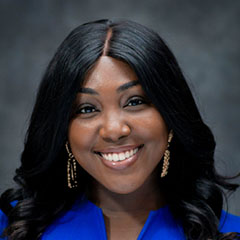
Kayla Baker (she/her) is the Diversity Program manager at the American Physical Society where she helps to manage the activities and organization of APS-IDEA. Kayla is a proud alumna of the largest public HBCU in the nation, North Carolina A&T State University and enjoys traveling, teaching dance classes, and serving the community as a member of Alpha Kappa Alpha Sorority, Inc. Joined in Summer 2022
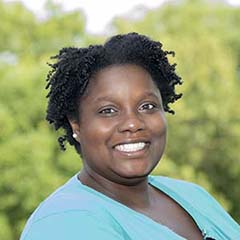
Erika Brown (she/her) is the Diversity Program Lead at the American Physical Society. In her time at APS, Dr. Brown has led a portfolio of diversity-focused programs, including the APS-IDEA, the APS Bridge Program, the National Mentoring Community, and the Inclusive Graduate Education Network. She currently serves as the Director of the APS Conferences for Undergraduate Women in Physics (CUWiP), and Senior Staff Liaison to the APS Committee on the Status of Women in Physics (CSWP). Dr. Brown is a proud alumna of the all-women's HBCU, Spelman College, and received her PhD in Psychology from Brown University. She loves to garden and cook delicious food for her friends and family. Joined in Fall 2019
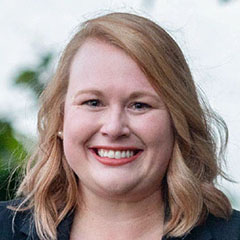
Dessie Clark (she/her) is the Associate Director for Program Assessment and Research Collaboration of University of Massachusetts, Amherst’s ADVANCE Program. She conducts evaluation research for programs and organizations dedicated to gender equity issues. She is an animal lover and currently has two dogs, one cat, and a rescue horse. Joined in Summer 2022
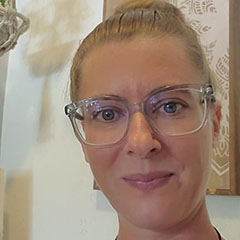
Amanda Koontz (she/her) is an Associate Professor of Sociology at the University of Central Florida (Orlando). Her research specializes in identities, authenticity, and social equity. Relatedly, her work adopts an intersectional approach to examine meanings of success, constructions of interpersonal and organizational values, and culture. She currently leads the NSF-funded ADVANCE Catalyst grant at UCF and collaborative research with Limbitless on building STEAM cultures. She additionally loves a healthy dose of time at the beach, yoga, softball, and reading (usually accompanied by a feline friend). Joined in Summer 2022
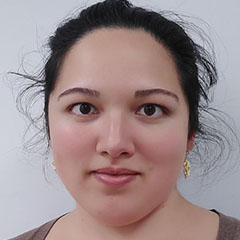
Dr. Tiffany Lewis (she/her) is a postdoctoral fellow at NASA Goddard Space Flight Center, working on theoretical models for blazar jets with a focus on particle acceleration and high-energy processes. Dr. Lewis has been involved in broad community outreach for astronomy as an observatory coordinator and AAS Astronomy Ambassador. She focuses engagement activities on community building and effective science communication. Dr. Lewis works with the Fermi Mission and Astrophysical Science Advisory Communication Teams at NASA Goddard to promote high-energy astrophysics through social and traditional media. Joined in Summer 2022
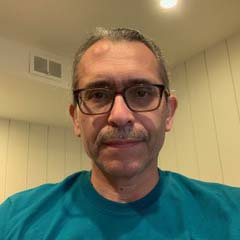
Jesús Pando (he/him) chairs the Department of Physics and Astrophysics at DePaul University in Chicago, IL. Currently his research is focused on using the Sloan Digital Sky Survey (SDSS) to characterize large scale structure in the universe. He is the current Past President of the National Society of Hispanic Physicists and serves as Chair of the new APS Forum on Diversity and Inclusion. Jesús is a film noir buff and when he’s not watching old movies he spends his time mercilessly teasing his 4 grandchildren. Joined in Spring 2020
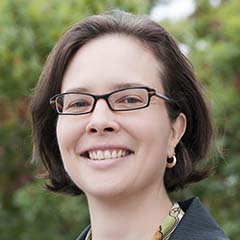
Monica Plisch (she/her) is the Director of Programs at the American Physical Society. Her department leads initiatives in education, diversity, careers and outreach to benefit the physics community and society. In addition, Dr. Plisch serves on the Executive Committee of the Societies Consortium on Sexual Harassment in STEMM and co-authored the LGBT Climate in Physics report. She also enjoys spending time in the kitchen and is a big fan of Greek cuisine. Joined in Fall 2019
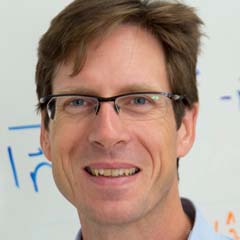
Edward Price (he/his) is a professor of physics and Director of the Center for Research and Engagement in STEM Education at California State University San Marcos. His research areas include faculty professional development and educational change, informal science education, and how tools and social structures can support learning. He leads the NSF-funded Next Gen PET Faculty Online Learning Community project, which includes fifty faculty from around the country working together to improve their physics courses for future elementary teachers. He is an avid mountain biker. Joined in Spring 2020
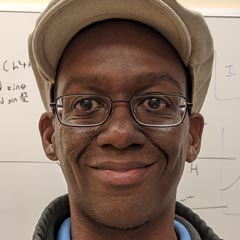
William Ratcliff II (pronoun “he”) is a physicist at the National Institute of Standards and Technology. He is interested in multiferroics, quantum materials, topological materials, and applications of AI to neutron scattering. He is currently secretary of the APS topical group on Data Science. He is also a leader of the DC chapter of DataKind, a network of pro-bono data scientists. Joined in Fall 2020
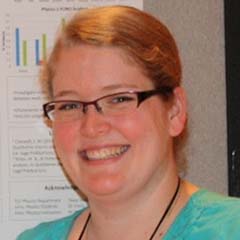
Erin Scanlon (she/her) is an assistant professor in residence at University of Connecticut in the physics department. She conducts physics education research focusing on moving the physics community toward being more diverse, equitable, inclusive, and socially just. She is the current vice-chair of the Physics Education Research Leadership and Organizing Council. Dr. Scanlon enjoys spending time at the beach. Joined in Fall 2019
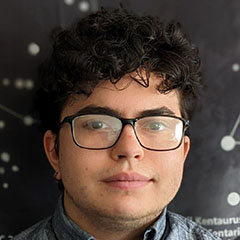
Jasper Scelsi (he/him) is a physics graduate student at Towson University. His research includes studying the proper motion of “The Swirl” in the oxygen-rich supernova remnant Puppis A. He does a lot of grassroots advocacy to fight for the rights of marginalized communities, and was president of his university’s transgender club for three years. When he is not busy teaching to prepare himself for his eventual goal of being a professor, he likes to play video games and tabletop games such as Dungeons and Dragons. Joined in Summer 2022
This project is sponsored by the APS Innovation Fund, AIP Diversity Action Fund, Alfred P. Sloan Foundation, Burroughs Wellcome Fund, and private donations.
